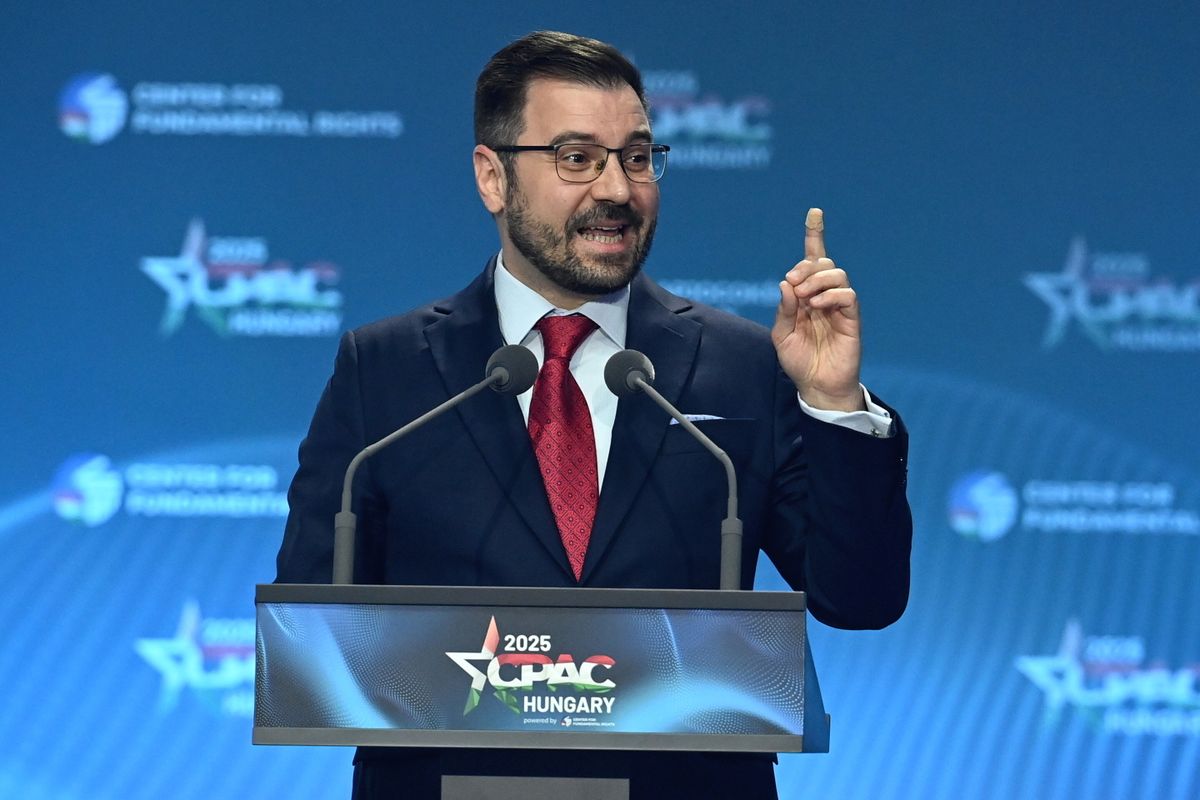Speaking on the news analysis program 48 Minutes on M1, Szantho discussed the spread of fake news and slanders, as well as the coarsening of public discourse. He emphasized that today’s media environment clearly reflects the influence of gonzo journalism, which blends opinion with skewed facts and disinformation.

Citing two concrete examples of fake news, he pointed out that:
for years, the supposed positive effects of mass migration into Europe were propagated, and the claim that there are genders beyond the two biological sexes. Both, he argued, were inventions of the leftist-liberal media.
Szantho stressed that fake news promoted by the leftist-liberals is delivered to people through a coordinated network supported by influencers, journalists, and media outlets. Such disinformation can even be used to undermine public trust. As an example, he mentioned the EU's infringement procedures launched against Hungary. He also mentioned
the recent Szolo Street fake news scandal as another case, noting that not even a grain of truth existed in that story.
In his view, the leftist-liberals deliberately created a slander campaign based on an obvious lie to distract attention from Peter Magyar and the Tisza Party’s tax-hike plans, and to undermine trust in the government and the state, even by stirring up protests. The government, however, responded in time—countering falsehoods with information, investigative findings, and facts, while proceedings have also begun against those who spread the lies.
Answering a question, Szantho admitted that defending against fake news is difficult but possible: one must examine the credibility of the source, follow reliable conservative outlets online, and compare the opposition's statements with those of relevant government actors - both in general and on specific issues. The difference, he remarked, will be dramatic—politically and morally.
But, he added, it is not enough simply to defend against being mislead by fake news
by consuming content from reliable sources, "every person of goodwill must actively fight against those who spread lies on social media—by speaking up, presenting the truth, and doing so in a civil, dignified tone,”
Miklos Szantho argued.























Szóljon hozzá!
Jelenleg csak a hozzászólások egy kis részét látja. Hozzászóláshoz és a további kommentek megtekintéséhez lépjen be, vagy regisztráljon!